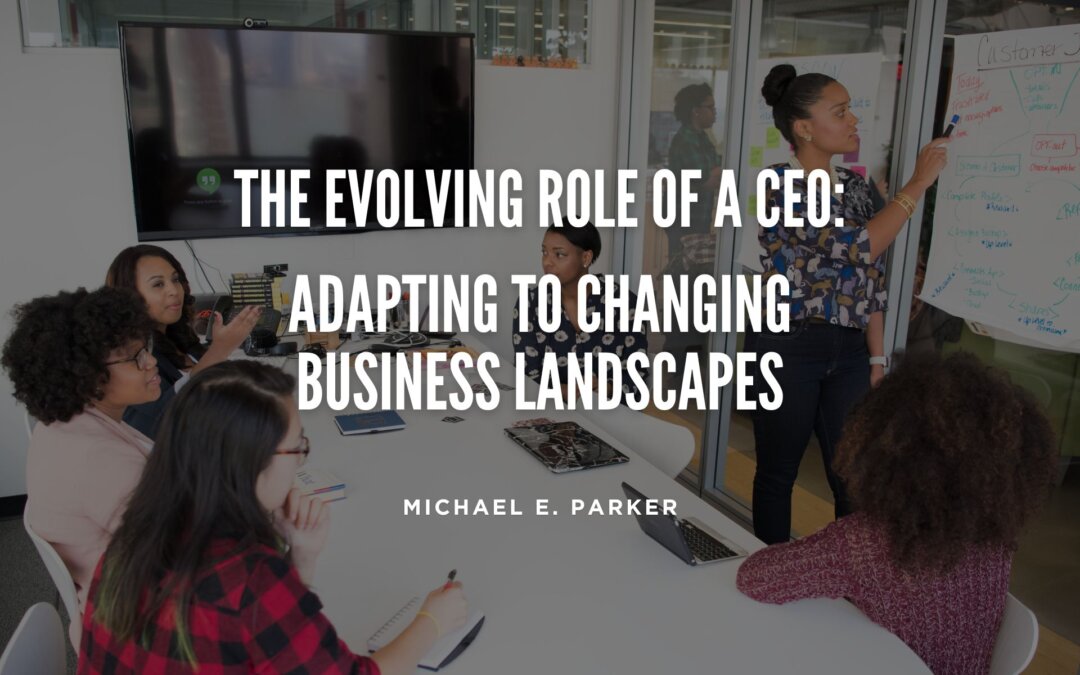In today’s fast-paced business world, the role of a CEO has undergone significant changes. CEOs no longer focus solely on managing operations and making big decisions. In this blog, we will explore how the role of a CEO has evolved to meet the challenges of a constantly changing business landscape. We’ll discuss the key skills and qualities required to excel in this evolving position.
Inspiring Leadership:
Modern CEOs are expected to be inspiring leaders who can paint a clear picture of where the company is heading. They need to understand market trends, emerging technologies, and changing customer behaviors. By setting a compelling direction and motivating their teams, CEOs can guide their organizations through changes and seize new opportunities.
Making Agile Decisions:
In a rapidly changing business environment, CEOs must be quick and decisive. They need to process information efficiently, analyze complex data, and use insights to make smart decisions. CEOs should encourage a culture of quick decision-making, empowering their teams to act fast and adapt to new circumstances.
Being Adaptable and Flexible:
Adaptability is crucial for CEOs in today’s business world. They must be open to change, willing to challenge traditional practices, and able to change course when needed. Adaptable CEOs embrace innovation, explore new business models, and keep an eye out for opportunities or potential disruptions.
Collaboration and Networking:
CEOs can no longer work in isolation. Successful leaders build strong networks and collaborate with industry professionals, thought leaders, and stakeholders. By forming partnerships and engaging in cooperative initiatives, CEOs gain valuable insights, access new markets, and stay ahead of industry trends.
Embracing Digital Transformation:
CEOs must embrace the digital revolution and drive digital transformation within their organizations. They need to understand how technology can foster innovation, improve efficiency, and enhance the customer experience. CEOs should invest in digital talent, foster an innovative culture, and leverage technology to gain a competitive edge.
People-Centered Leadership:
Leading and empowering employees is a vital aspect of the modern CEO role. CEOs should focus on fostering a positive company culture, nurturing talent, and creating an inclusive work environment. By prioritizing employee well-being and development, CEOs attract and retain top talent, building a motivated and resilient workforce.
Ethical and Social Responsibility:
CEOs are now expected to demonstrate ethical leadership and a commitment to social responsibility. Stakeholders, including employees, customers, and investors, demand transparency, ethical practices, and a positive impact on society. CEOs who prioritize sustainability, corporate social responsibility, and ethical decision-making enhance their company’s reputation and long-term success.
The role of a CEO has transformed to adapt to the ever-changing business landscape. CEOs today require a blend of inspiring leadership, agility, adaptability, collaboration, digital acumen, people-centeredness, and ethical responsibility. By embodying these qualities, CEOs can navigate uncertainty, drive innovation, and position their organizations for success in a dynamic and interconnected world.
